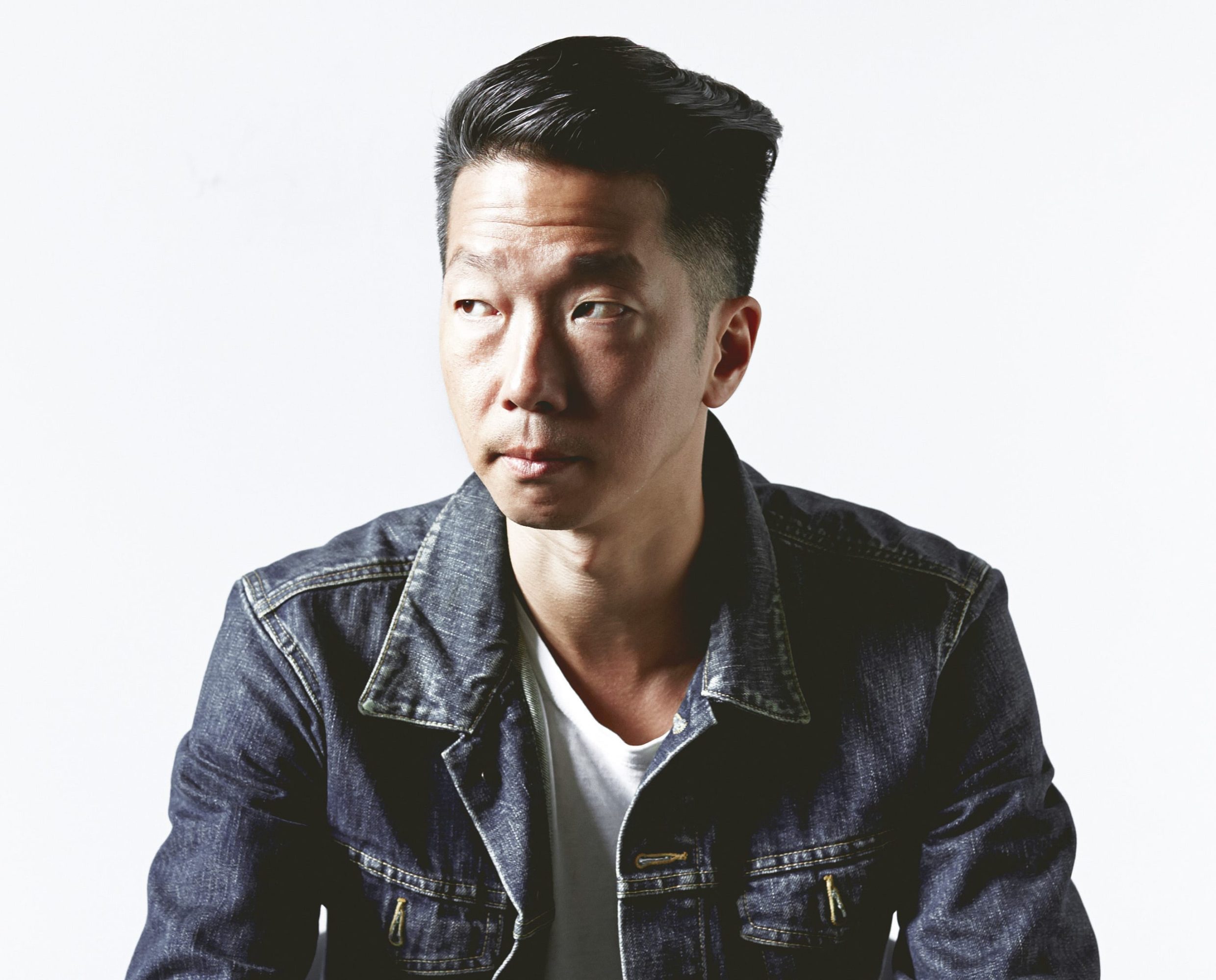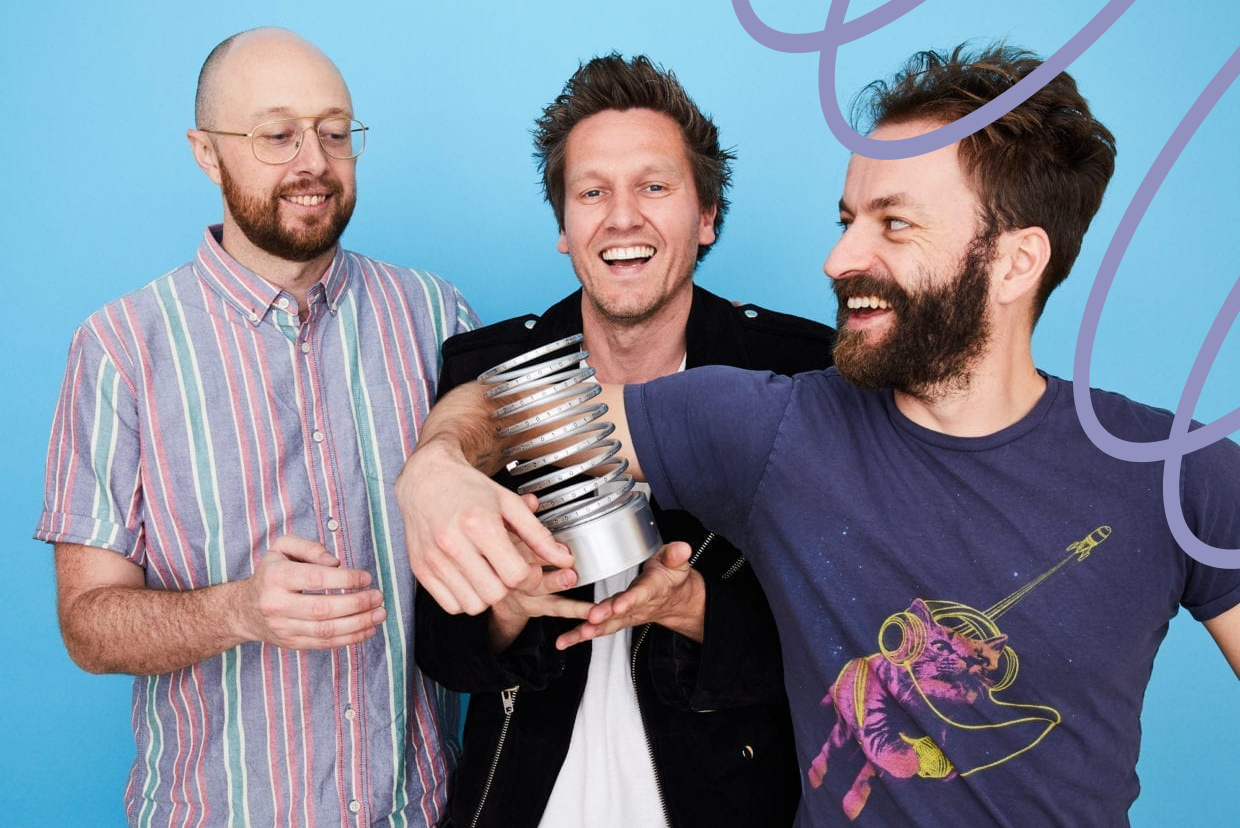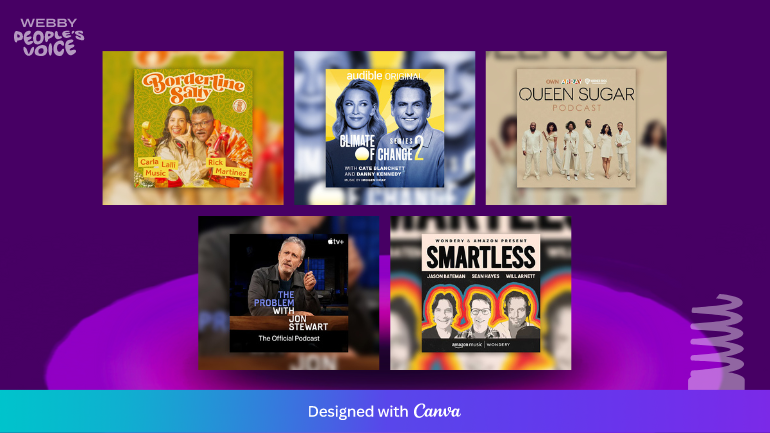Squarespace is a perfect example of what it means to “Internet or die.” There are so many website builders out there, yet Squarespace is the one that springs immediately to mind for most people. What decisions or innovations were made internally at Squarespace that allowed it to stand apart?
The Internet is a noisy place. There’s just so much content out there, most of which you can’t control yourself. Today more than ever, your legacy will depend upon what is returned from a search result, which makes your website one of the few opportunities to curate how you want to be perceived; and you need to create a good first impression.
We made the decision from the beginning to focus on democratizing good design for all. We believe we’ve built a platform for everyone—it’s one that allows the Web to be created by the creators of the world, not just a select few individuals who can code. We live in a time where anyone has the ability to put an idea out into the world, but how you package that idea can give you an advantage. Fundamentally, we believe that good design is about more than aesthetics—it’s about problem-solving. As a result, we’re constantly striving to create new products and ideas that allow our customers to have an edge.
How has the evolution of content management systems in the past five years or so helped get Squarespace to where it is today? Was there one big shift that helped significantly?
In the past, building a website involved stitching together software and tools from disparate corners of the Web. But our solution is all-in-one. With Squarespace, you can buy a domain, build a website and manage an ecommerce store, all in the same place. It’s odd to think that there are still separate hosting companies, domain providers and analytics products, despite us simplifying the experience for the customer.
We’ve been at the forefront of the evolution of content management systems, and we’re proud of the impact we’ve had on the Web-building space. We look at ourselves as a company that helps you build your brand. Squarespace provides a home for your content, and while that content may take the form of a website today, we believe that in the future, the same content could be repurposed and presented in even more innovative forms.
“ It’s really about challenging ourselves every day to do something a little different; and we’re hopeful that these coming years will be even more unique and successful.”
Squarespace was a 4-time Webby Winner in 2014. That’s huge. What specifically do you attribute to your success that year?
We continue to be proponents of taking calculated risks, and 2014 was definitely a big year for us. We launched our first Super Bowl ad, grew our team significantly and of course, won four Webbys, but that hasn’t stymied our striving to achieve bigger and better things.
Squarespace sits at a unique intersection between technology and design. As a result, we’re very fortunate to work with some of the best and most creative folks from both industries. But a lot of it has to do with not getting comfortable. It’s easy to rest on your laurels and become complacent—without risk there is no reward. It’s really about challenging ourselves every day to do something a little different; and we’re hopeful that these coming years will be even more unique and successful.
You were also responsible for creating two-time Webby Honoree Projeqt, a dynamic web presentation platform, that today runs under the hood of many high-profile sites. What compelled you to work on Projeqt? How does its life today differ from what you first set out to create?
I’ve spent the majority of my career working at the intersection of design, advertising and the Internet, which culminated in a role as a Worldwide Creative Director responsible for the global reboot of an agency website. We had a network of over 250 offices around the world, each of which had a different Web presence. So, instead of tackling the global site as another disparate entity, I decided to take on the challenge of creating a simple CMS that would allow anyone in the network to build a website similar to the global iteration. We didn’t force the product upon anyone: We simply sent a memo to the network, offering this simple Web builder tool. We ended up getting more than half of the offices around the world to use it instantly.
Although it was conceived as an internal Web builder tool, we realized that the difference between a website and a presentation is pretty minimal—ultimately, you’re creating a visual narrative. We also realized that while websites were created once in awhile, presentations were created hundreds of times a week within agencies. This led us to pivot our strategy and create a broader storytelling platform that could either be used to make a simple website or a robust presentation that incorporated real-time social data.
We started a product development arm for the network which used Projeqt for client work and were honored to win the best educational product of the year at SXSW Interactive in 2012, as well as recognition from the Webbys.
I’m now working at a product company that is doing things at a completely different level than what I could have ever achieved on my own, but my previous experience with Projeqt did provide me with the training wheels to think about product development in the content management space. Working on Projeqt made me realize that I do my best work when I’m dedicated to a singular mission—this led me to my role at Squarespace, where I have the good fortune to come to work every day inspired and motivated by our goal of empowering individuals and businesses to tell share their stories in an impactful way. Still, I’m thankful for the opportunity to have worked on Projeqt and am proud to say that it’s still alive and running to this day, six years after its conception.
“ We use every opportunity to work with talented people around the world to come up with new concepts and experiments —it’s all R&D in our eyes.”
The Internet changes so rapidly that today’s successes become yesterday’s news in a flash (hence “Internet or Die”). What does it mean “to Internet” at Squarespace? What are you doing right now to help Squarespace maintain its leadership in the field?
One of our values at Squarespace is “good work takes time.” It’s definitely a bit counterintuitive as a tech company to be willing to move a bit more deliberately (rather than just moving fast for the sake of moving fast), but it’s integral to who we are as a company. Instead of reacting to what other folks may be doing, we want to be setting trends of our own by challenging what the Web can do and what it can be in the 21st century.
For example, in one of our most recent projects, Playing Lynch, we sought to build a website that would challenge the role of art galleries and museums in bringing creative works to the public. We use every opportunity to work with talented people around the world to come up with new concepts and experiments —it’s all R&D in our eyes. We’ve also begun collaborating with featured customers such as Sophia Amoruso, Roy Choi and Daniel Patterson. Instead of thinking that we always have the answers, we’ve begun working with talented folks across various industries to better understand how they view the Web. It’s a great way of keeping things fresh and keeping a finger on the pulse of interesting trends in the industry.
At the end of the day, the Internet is a weird place, and it’s our job to make sure we continually try different things out. Though we recognize not everything will work, we need to stay curious, be unafraid of being a bit foolish and make sure we don’t get too comfortable with ourselves.
What lessons from building Squarespace are you applying to your newer ventures like Logo and Circle? What role do you think they’ll play in the Internet’s continued evolution?
We’re here to empower creative entrepreneurs with the tools to go after their ideas. To that end, we’re constantly designing new tools that will help our customers build a brand they can be proud of. We’re all creatively driven, Internet-obsessed people at Squarespace, who believe in making great products for our customers. But we also make sure that our products are ones we would use ourselves. That’s why everything we build is built on Squarespace, even squarespace.com.
Logo was born out of a hack week project experimenting with APIs and branding, Circle was created by understanding and discovering that a large portion of our customers were using Squarespace for client work. We’re constantly leveraging different insights to plant little seeds that grow into something interesting. Logo and Circle are just two recent examples, and we’re excited to continue evolving our product to serve an ever-growing and ever-changing need.
“ The Internet made it possible to launch a million ideas at once, but the ones that stand out for me have that special ingredient”
As a leader in your field, what makes a digital project stand out to you? What do you look for when evaluating design elements, features, scope, etc.?
There’s a lot of stuff out there, most of which achieves about 90% completion. But I always like to say that it takes 90% of the time to tackle the last 10%, and that’s the difference between good and great. There’s something truly outstanding about great work that can be found in the dedication to finesse and detail. That last 10% isn’t something most people will ever see, but if it were taken away, it would become painfully obvious. It’s these intangibles that make something special and a product a delight to use.
The Internet made it possible to launch a million ideas at once, but the ones that stand out for me have that special ingredient. I believe the viewer or user can tell if the creator really cared about what he or she was making. I’m always looking at new and innovative ideas, but all of this goes out the window if it hasn’t been executed with great care and exacting craft.
What emerging digital trend are you most excited about right now and how do you see it changing the future of the Internet?
We’re careful not to chase every trend we see, but we do take pride in mixing in new ideas with classic conventions. Everything great that I’ve seen is always a well-balanced mix of the old and the new.
I’m enjoying the reductive nature of a lot of Web design trends that we’re seeing—we’re moving towards a very unstructured, organic, and raw display of content, which I find refreshing. Ultimately, content is king, and we’re essentially facilitating the experience. As such, I’m enjoying this movement of less smoke and mirrors and more substance.
I’m also realizing that I use very few apps. There was a gold rush to create a mobile app for anything and everything and I believe we are now at a point of oversaturation. We’re obviously a big fan of the Web and believe there is a lot you can do within a browser, yet, I see a trend of the de-appification of things at the moment.
That’s not to say that there aren’t great apps out there and we’re obviously creating our own (like Squarespace Start, an app that serves as a digital cocktail napkin to help users publish the beginnings of their ideas when they strike). But it’s become much harder to find the needle in the haystack when it comes to good, useful apps. The most successful ones tend to be the few that bring extreme value to their users. It’s hard to create something sticky that deserves to have a permanent place on your home screen.
Thanks again to David for his insightful answers. His personal site is a great place to check out all the amazing projects he’s been working on. Follow him on Instagram and Twitter as well see all the latest Squarespace happenings on their site.
Stay tuned as we introduce the rest of our Internet Or Die partners as part of the 21st Annual Webby Awards. Don’t forget, the Final Entry Deadline is December 16th, 2016—Enter today!









